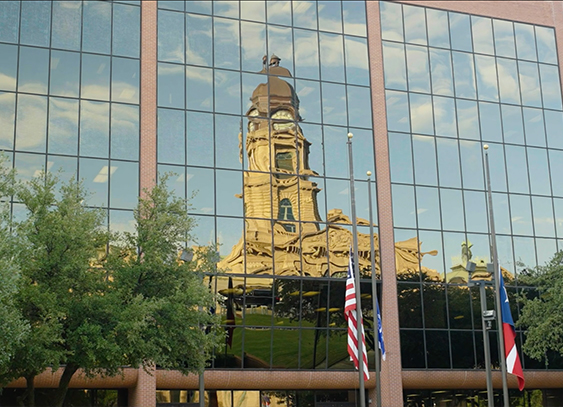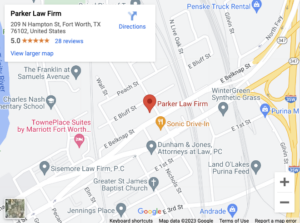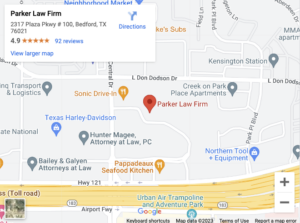Dynamics of Distracted Driving
With April being Distracted Driving Awareness Month, it’s a good time to put safety back in the driver’s seat and reassess our responsibilities when sharing the road. Taking your eyes off the road, even for a few seconds, could cost a life. The National Highway Traffic Safety Administration (NHTSA) reports that sending or reading a […]
Read more

